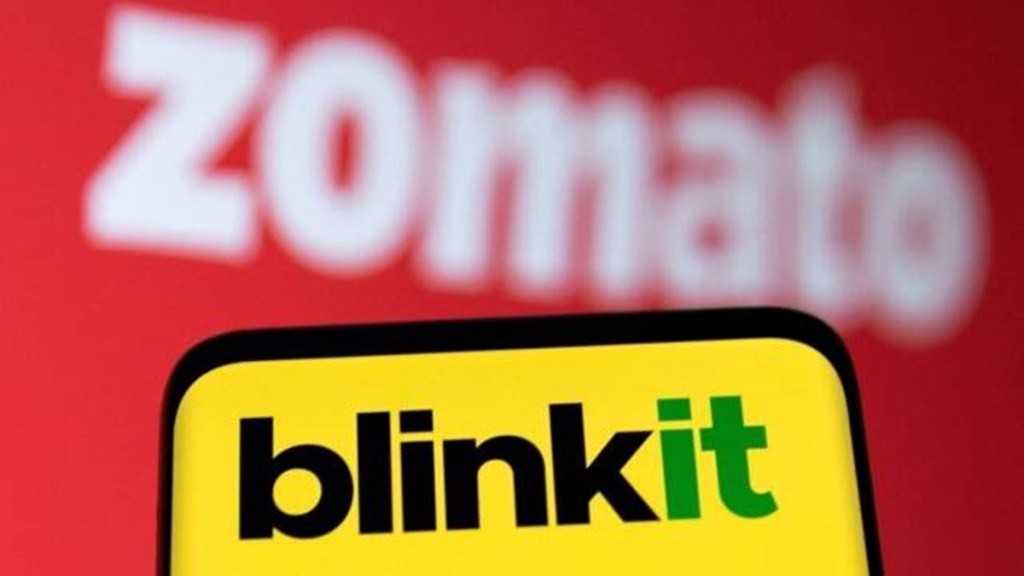Around 2,500 delivery partners at Blinkit have gone on strike to protest a reduced compensation of Rs 15 per delivery, down from Rs 25. Workers claim that the incentive, for a distance travelled of over 1 km, has also been lowered, which they say will result in 40-50% lower income. On Wednesday, Zomato, which owns Blinkit, said the changes in the payout structure for delivery partners have been made with a view to addressing the needs of employees, improving customer experience, and reducing cancellations and order rejection frauds by a few partners in the system. Protests by workers in the startup services community are not new. Last year, workers at one of Swiggy’s units had resisted a revision in the company’s payout structure, while employees at Urban Company too had protested against the company’s rules. However, Urban Company (UC) did address the grievances by trimming the commissions that it charged from the top tier of beauty services partners from 30% to 25%; it also allowed partners one ‘no-penalty, no-show’ and two ‘no-penalty’ cancellations made 12 hours in advance per month. Urban Company’s practices may not have been top-of-the-line, to the company’s credit, it did take care of its employee’s demands.
All companies must meet employees halfway while making sure their business models are intact. For Blinkit, the reduced compensation plus a smaller incentive would help bring down costs. At the same time, it would allow the company to expand the area of operations for the existing dark stores. That way it can better utilise the existing infrastructure and needn’t incur capex to set up more stores to service new areas. One cannot fault the company for trying to reduce costs because it could be crucial to its bottom-line. It is a competitive market and the management is answerable to its investors.
Also read: Why is India looking at Colombia?
However, it is in Blinkit’s interests to try and resolve the issue before it gets out of hand and invites political attention. Agitations are unavoidable but Blinkit must try and stave off government intervention. Already, the workers are believed to have approached the Gurugram District Commissioner following which the Haryana Labour Department sent a notice to Blinkit. Moreover, the All India Gig Workers’ Union has promised to fight for the rights of the workers. Any involvement by the government or the Labour Courts in the compensation structure would only work against the company. Court verdicts in some parts of the world, in the UK for instance, have gone in favour of gig workers and any such decision in India would impact the entire sector.
Also read: Breathing PRANA into LiFE
So, Blinkit must quickly address the demands of its employees. There is enough evidence, even if it is only anecdotal, of delivery workers being paid inadequately for what is a gruelling schedule. One startup had observed that if it kept delivery executives on its rolls, its business model would come apart. One is not accusing startups of exploiting workers but there is a perception that delivery executives are not always treated fairly. That’s not desirable as ensuring the workers’ welfare could well determine the health of India’s gig economy. But it should be entirely voluntary, The government should desist from legislating on the issue. It must also refrain from boasting about the number of jobs being generated by the e-commerce sector and work to create an environment that would spur employment in general as it is doing with the productivity-linked incentive schemes.

